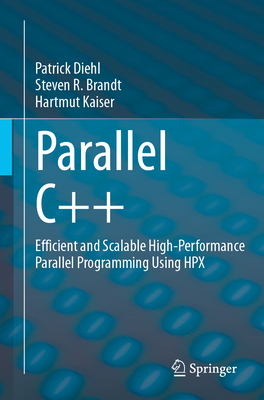A Handbook of Silicate Rock Analysis - P.j. Potts - Bog - Springer - Plusbog.dk
without an appreciation of what happens in between. The techniques available for the chemical analysis of silicate rocks have undergone a revolution over the last 30 years. However, to use an analytical technique most effectively, No longer is the analytical balance the only instrument used it is essential to understand its analytical characteristics, in for quantitative measurement, as it was in the days of classi particular the excitation mechanism and the response of the cal gravimetric procedures. A wide variety of instrumental signal detection system. In this book, these characteristics techniques is now commonly used for silicate rock analysis, have been described within a framework of practical ana lytical aplications, especially for the routine multi-element including some that incorporate excitation sources and detec tion systems that have been developed only in the last few analysis of silicate rocks. All analytical techniques available years. These instrumental developments now permit a wide for routine silicate rock analysis are discussed, including range of trace elements to be determined on a routine basis. some more specialized procedures. Sufficient detail is In parallel with these exciting advances, users have tended included to provide practitioners of geochemistry with a firm to become more remote from the data production process. base from which to assess current performance, and in some This is, in part, an inevitable result of the widespread intro cases, future developments.



























